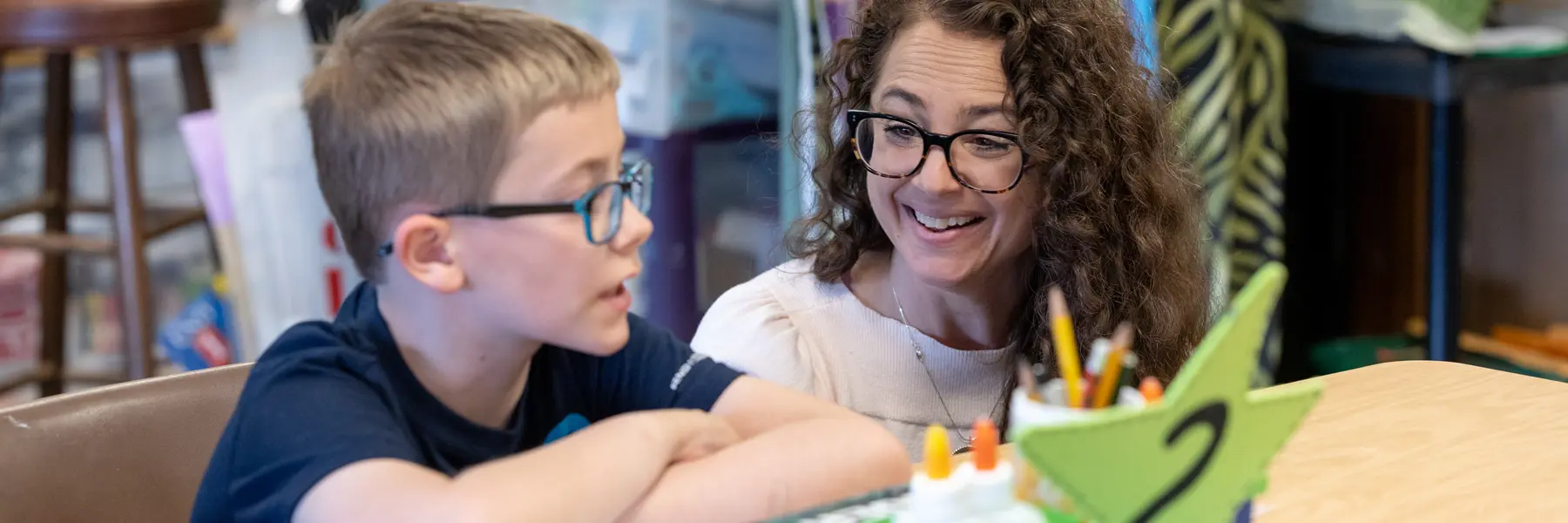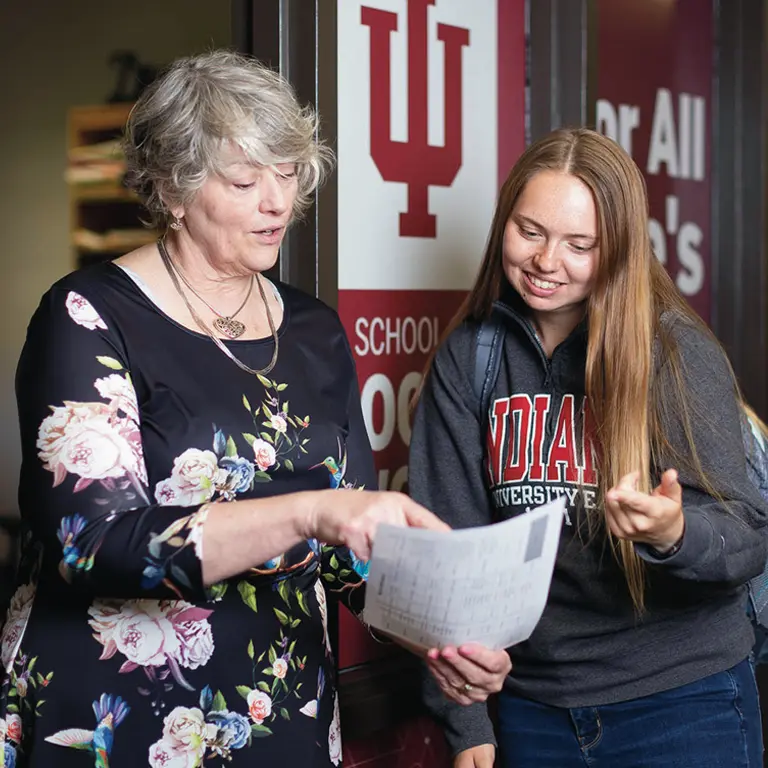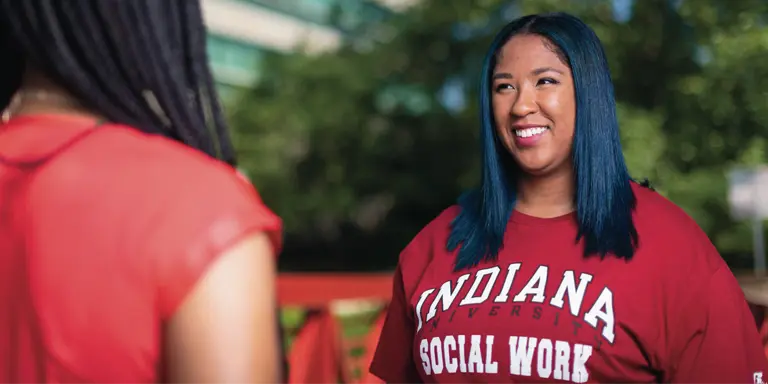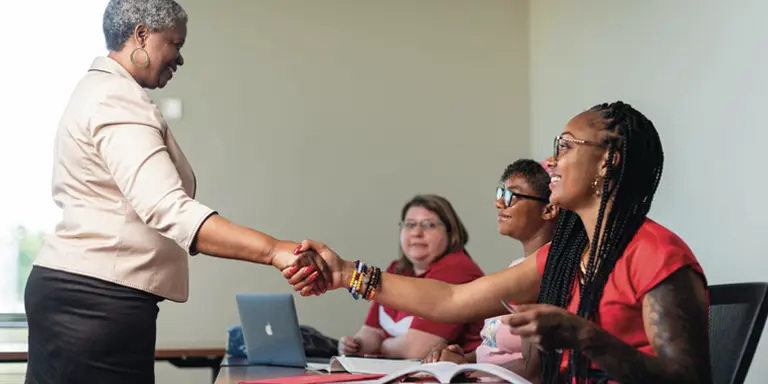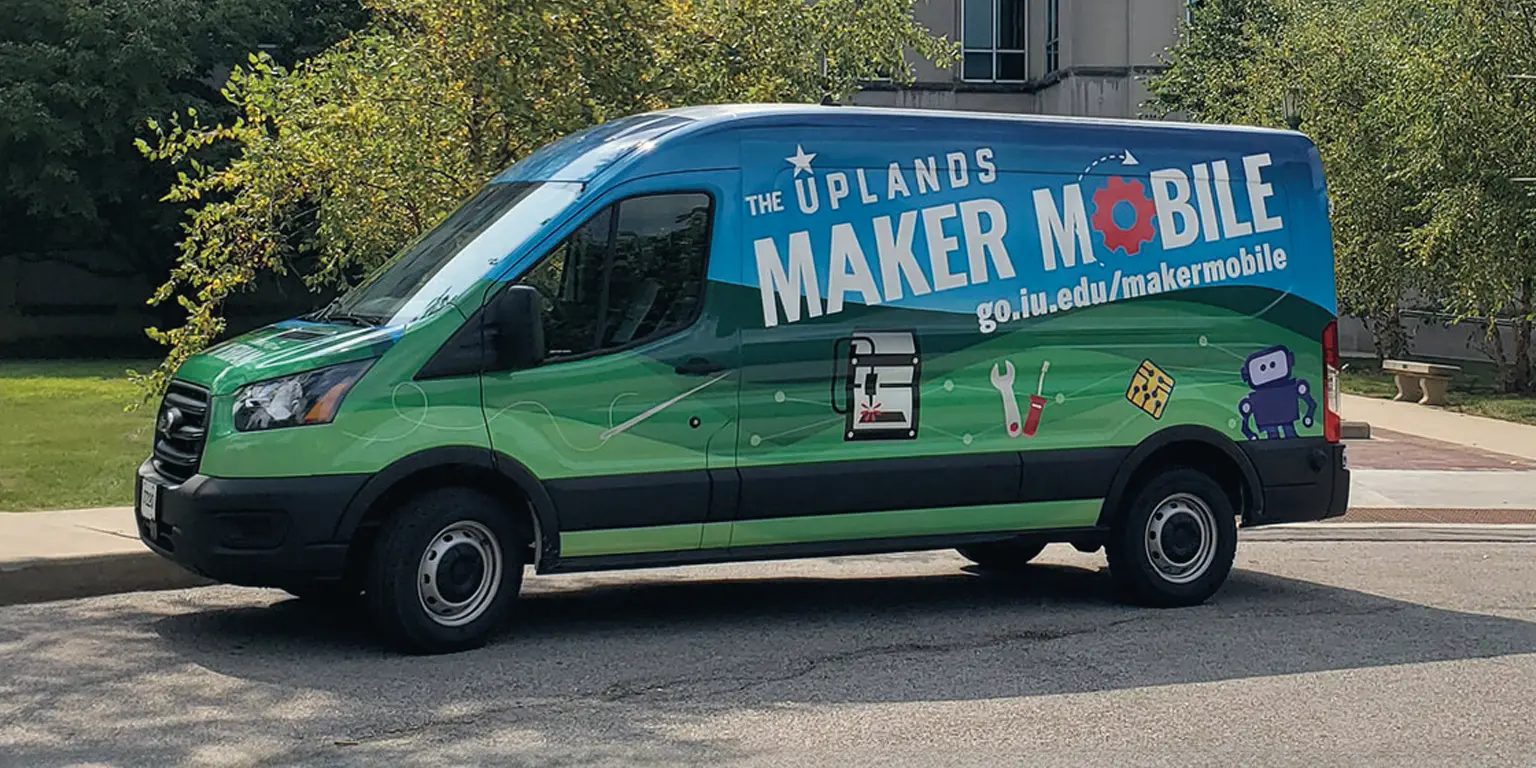IU East, IU Kokomo, and IU South Bend implemented the initiative “Addressing Regional School Psychologist Shortages Through IU-School Partnerships.” This hybrid school psychology degree program accommodates working adults and, alongside the Mental Health Service Capacity Building Program, is part of IU’s comprehensive strategy to enhance mental health support across Indiana.
Funded by the U.S. Department of Education’s Mental Health Service Professional Demonstration Grant, the program has hired faculty, reopened the IU South Bend Community Counseling Clinic, and started two cohorts totaling 22 graduate students. Led by Jennifer McNeany at IU Kokomo and Melody Marley at IU East, the initiative aims to train and place new school psychologists over the grant period, directly benefiting thousands of P-12 students and addressing mental health challenges exacerbated by the pandemic.
Both initiatives create a sustainable pipeline of professionals by offering mental health career exploration programs for graduate students. Online, hybrid, and in-person courses and continuing education opportunities make specialized training accessible across Indiana.


